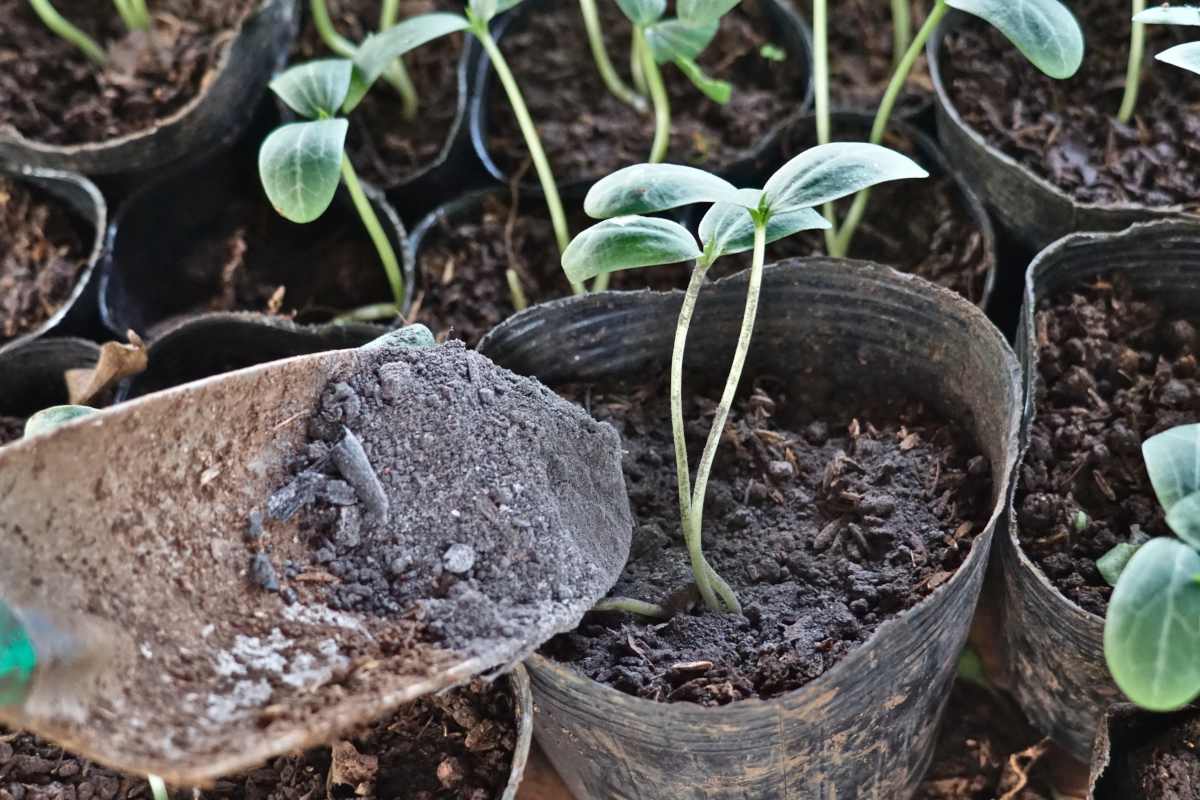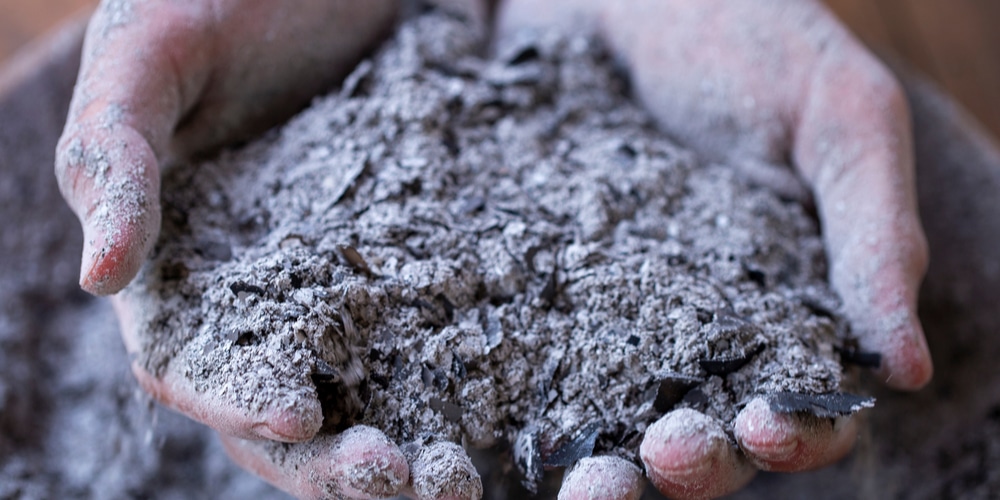Using charcoal ash in your garden might sound unusual, but it can actually provide some benefits for your plants. In this article, we’ll explore what charcoal ash is, how it affects soil pH, whether it has any nutritional value, and some tips for using it safely in your garden.
What is Charcoal Ash?
Charcoal ash is the powdery grey material left over after charcoal has been burned. It is made up of the minerals and other non-combustible materials that were present in the original charcoal. Are charcoal ashes good for plants ? Let’s explore.
The most common sources of charcoal ash are from grilling with charcoal briquettes or burning wood in a fireplace or wood stove. However, you can also buy charcoal ash from some garden centers and nurseries. This purchased ash is often from sustainable forestry sources.
Does Charcoal Ash Affect Soil pH?
Yes, adding charcoal ash can raise the pH of acidic soils. Charcoal ash contains a high amount of calcium carbonate and potassium carbonate, which are alkaline compounds.
When mixed into soil, these carbonates dissolve and release hydroxide ions (OH-). This helps neutralize acidic hydrogen ions (H+) and makes the soil more basic.
So if your garden has acidic soil, using charcoal ash can help balance the pH level and create better growing conditions for plants that prefer slightly alkaline soil.
Does Charcoal Ash Have Nutritional Value?
While charcoal ash may not be a complete fertilizer, it does contain some beneficial nutrients for plants. The main nutrients in charcoal ash are:
- Calcium – Helps strengthen cell walls and improves the soil’s structure.
- Potassium – Important for fruit production, flowering, and a plant’s ability to resist disease.
- Phosphorous – Supports root growth and flowering.
- Magnesium – Helps plants synthesize nutrients and produce chlorophyll for photosynthesis.
- Iron, zinc, boron, manganese – Micronutrients that support enzyme functions and processes like nitrogen fixation.
The amounts of these nutrients can vary widely depending on the source of the charcoal. Ash from hardwood charcoal often contains more nutrients than ash from lighter softwoods. Overall though, charcoal ash will never be as nutritionally dense as fertilizers made specifically for gardening use. But it does make a decent supplemental fertilizer.

Is it Safe to Use Charcoal Ash in Gardens?
Charcoal ash is generally safe to use in small amounts in the garden. But there are also some precautions to keep in mind:
- Salt content – Some types of charcoal, especially impregnated charcoal briquettes, contain additional salt and sulfur. These can build up to toxic levels in soil over time. Avoid using these ashes in gardens.
- Heavy metals – Charcoal ash may contain small amounts of heavy metals like lead, mercury, or arsenic, depending on the original source of wood. Only use ash from trusted sustainable sources to keep contamination low.
- Boron & pH levels – Too much charcoal ash can spike soil boron to toxic levels. It can also drastically raise pH, so test soil pH before and after application.
Never apply straight ash in concentrated piles or you can “burn” plants with a rapid pH change. Thoroughly mix in small, thin layers instead.
See also : What does potassium do for plants ?
The Uses for Charcoal Ash
Some of the use ways to utilize charcoal ash in gardens include:
- As a soil amendment when liming – Mix with granite dust or lime to introduce more calcium and raise pH levels.
- Supplement container soil – Blend 5-10% ash into potting mixes to provide micronutrients.
- Fertilizer for fruit trees & shrubs – Lightly work into soil under trees that benefit from extra potassium.
- Houseplants that need alkaline soil – Combine ash with potting soil for plants like orchids and succulents.
- Feed acid-loving plants – Sprinkle tiny amounts around azaleas, blueberries, and potatoes grown in acidic soil.
- Make charcoal ash compost – Add thin layers while building compost piles and let it mature before use.

The Right Amount of Charcoal Ash
Getting the application rate right is important when adding straight charcoal ash to soil. Some general guidelines include:
Flower and vegetable gardens – 3-6 pounds per 100 square feet
Lawn topdressing – 10 pounds per 1000 square feet
Potted plants – No more than 1 cup per large pot
Always start on the low end of these ranges and gradually increase if plants show positive results from the ash. Too much at once can overwhelm roots.
The Bottom Line
While charcoal ash shouldn’t replace commercial fertilizers completely, it can be used as a supplemental source of nutrients and to raise pH levels in acidic soil. Just be cautious with heavy applications, test soil frequently, and source ash responsibly.

